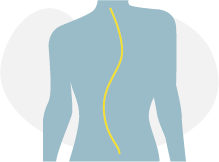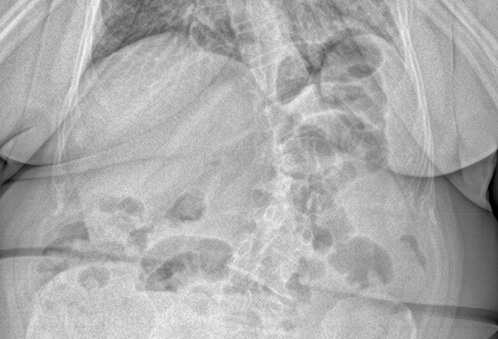At New Delhi Spine, the medical diagnosis of scoliosis requires a complete overall examination of the patient. This examination includes a low dose bi-planar X-ray using the new EOS technology, which provides a high quality image which allows the doctor to determine the degree of scoliosis precisely. This test is usually complemented with a magnetic resonance of the complete spine.
If it is decided that the patient has to undergo surgery, the study will also be complemented with a computed tomography of the spine and, in the case of adults with scoliosis, a densitometry to make an assessment of bone quality
In addition, we have highly advanced technological equipment including the O-ARM 2 scanner, the Mazor X robot and intraoperative neurophysiological monitoring to make surgery easier and safer. It is important to point out that all this is essential, since scoliosis is one of the most complex spinal surgeries, and it requires the necessary human and technological resources to minimize risks to the maximum.



